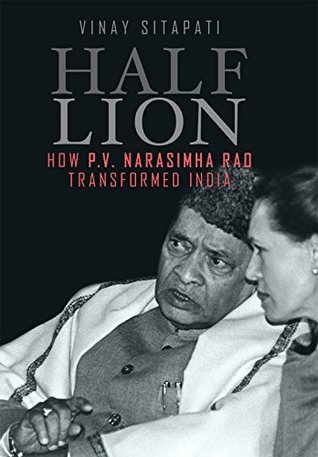More on this book
Community
Kindle Notes & Highlights
Read between
October 2 - October 11, 2023
No national leader who achieved his scale of transformation worked under such constraints. It makes Narasimha Rao the most skilled Indian prime minister since Jawaharlal Nehru, a twentieth-century reformer as consequential as Deng Xiaoping.
Contrary to the caricature of Narasimha Rao as chronically indecisive, he could make rapid decisions when he felt the timing was right, including choosing to alter long-held beliefs. Where he dithered, it was because he judged that the right decision was at the time not politically feasible.
It is this judgement that led Rao to conclude that certain reforms, while necessary, were not possible during his time as prime minister. These were on agriculture, labour, the bureaucracy, and welfare. Given his weak mandate, Rao estimated he would have lost office had he soldiered on. Critics accused him of underplaying his hand, but the fact that no prime minister after him has been able to implement these reforms proves Rao’s calculation to be correct.
In an essay written in 1860, the Russian writer Ivan Turgenev compared the two most famous fictional characters of the western world: Shakespeare’s Hamlet and Cervantes’s Don Quixote.28 These contrasting personalities represented ‘the fundamental forces of all that exists’.29 Hamlet, educated and sensitive, is the epitome of the man who thinks so much that he cannot act. He is inward-looking, selfish even, and utterly sceptical of everything around him. Don Quixote, on the other hand, credulously believes the simplest of ideals and, motivated by selflessness, acts to achieve them. Hamlet was
...more
This cannot be emphasized enough. For, though Manmohan was critical to Rao’s team, he was not indispensable. Had I.G. Patel become finance minister in 1991, liberalization would have likely persisted. But had Narasimha Rao not become prime minister, India would have been a different country.


